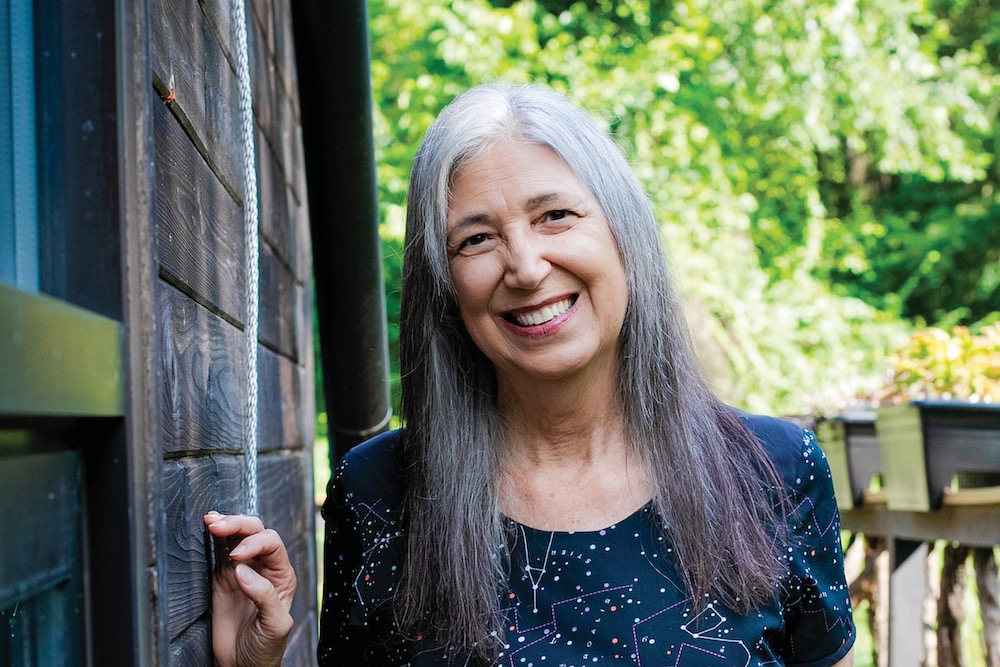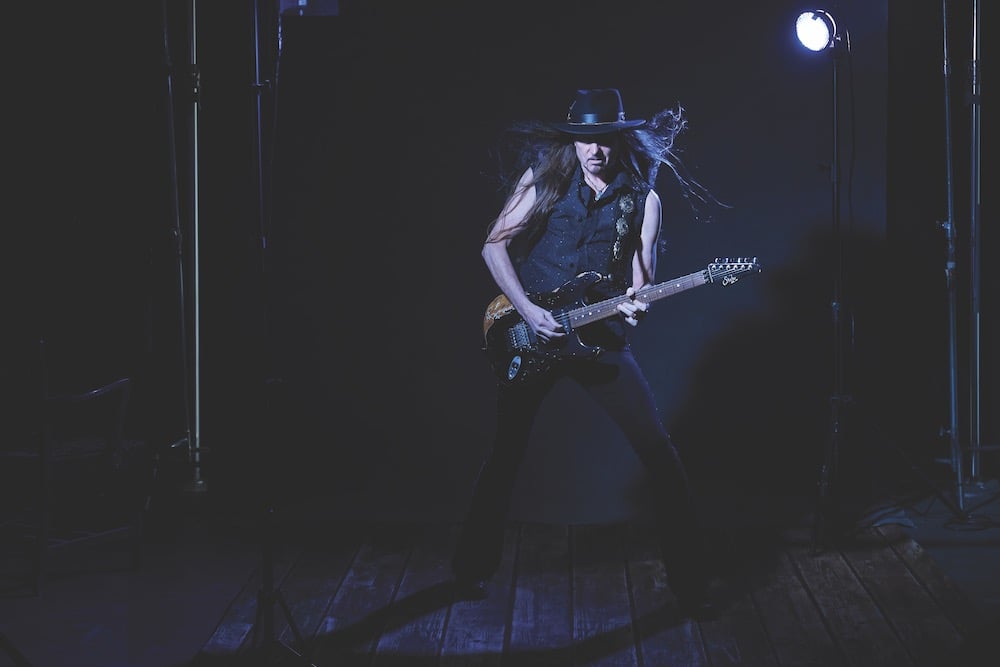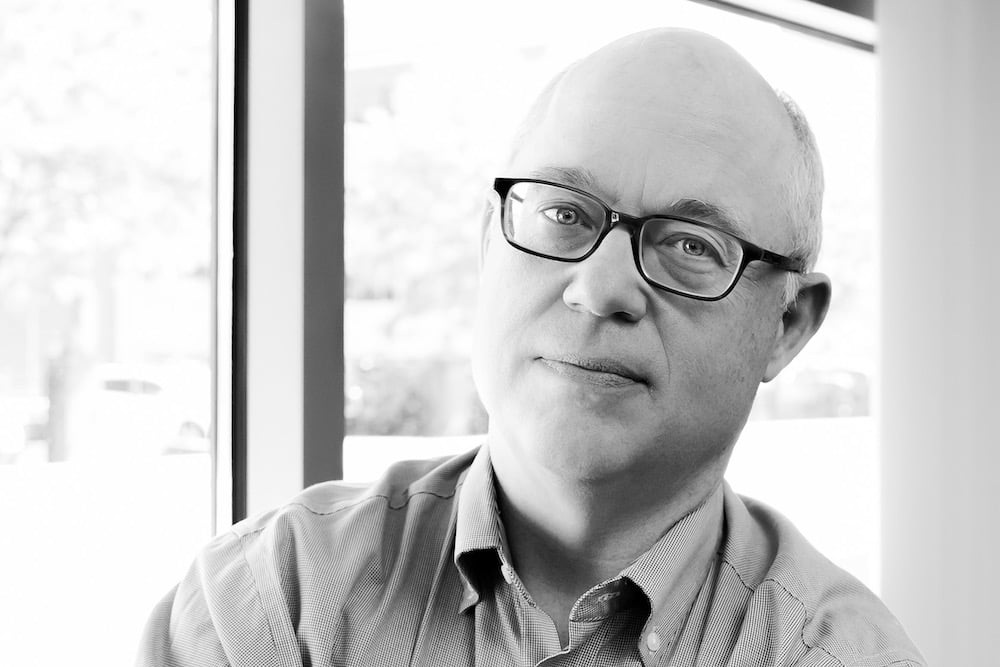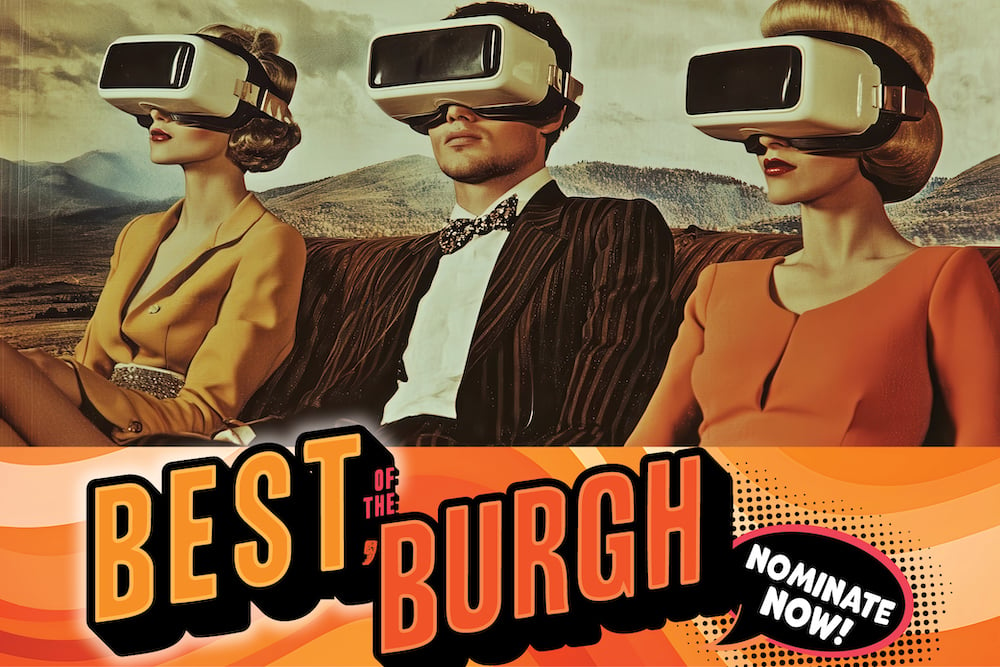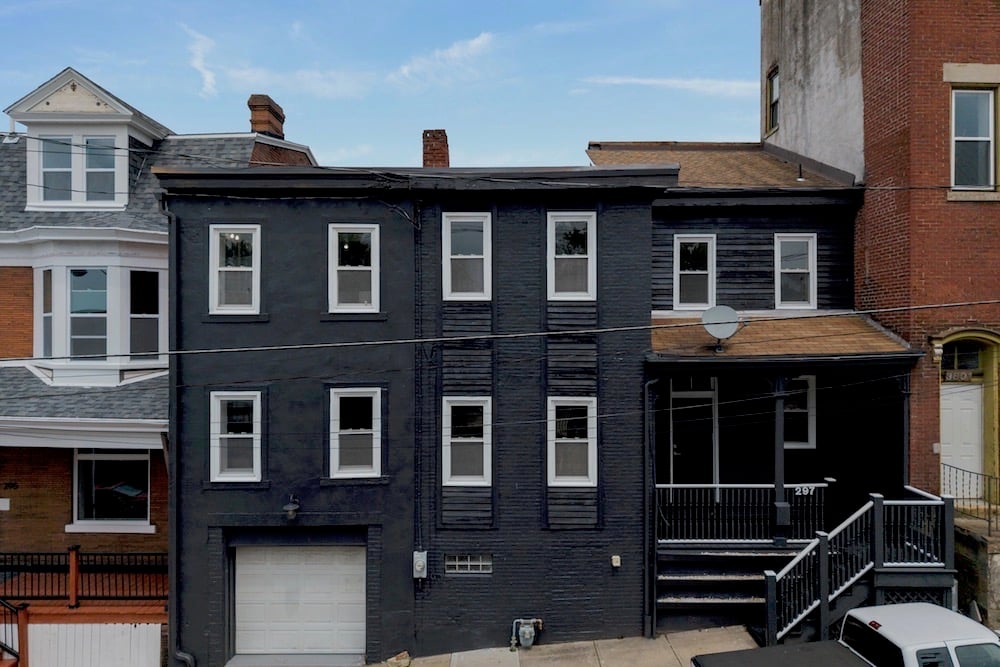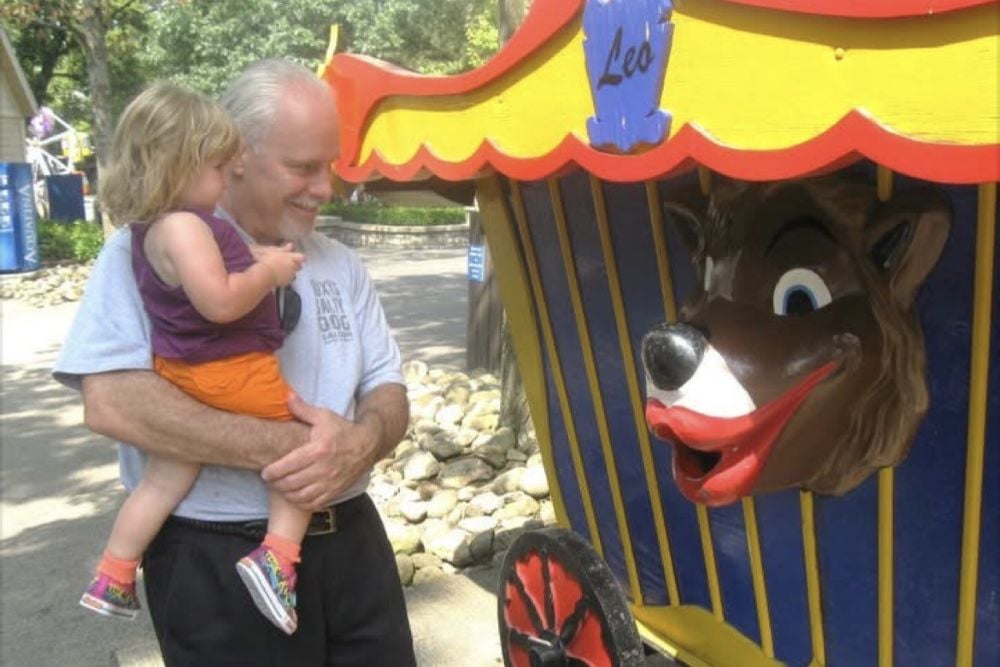Who Is Diane Turnshek, Pittsburgh’s Dark Sky Advocate?
When was the last time you really saw the stars at night? Diane Turnshek is trying to change that — one light at a time.
Where do you even start with Diane Turnshek? Seriously.
She announced that she wanted to be an astronomer when she was 7. Nineteen years later, she earned a master’s degree in astronomy from the University of Arizona. She stayed at home to raise her four sons and turned to writing during that time, creating works of science fiction. She successfully auditioned for a TEDx Talk — on the day of the deadline, without having watched one — but first she had to Google how to record a video. She wanted pictures of light pollution in Pittsburgh, so she’s asked astronauts aboard the International Space Station to photograph how Pittsburgh’s streetlights have changed over the years.
That kind of thing.
Six years ago, Turnshek found 6 acres in New Homestead. Nobody wanted it; it was mislabeled on Zillow with a picture of an imaginary mansion on a brownfield on the other side of the river. She bought it, added a tiny house and made a rain garden shaped like a big dinosaur footprint (because, she says, “when it fills up with water, it looks awesome”).
The most spectacular part, though? “I can see no lights from my house. I’m one of the darkest places in the city.”
Turnshek says, “When I grew up in the 1950s, I could see the Milky Way in the sky from everywhere.” But now, “you forget. And it doesn’t dawn on you when you look up that there’s nothing there — and then you forget to look up anymore.”
In 2012, after a trip to Mars Desert Research Station in Utah, Turnshek realized she was the one who stopped noticing. As she had so many times before, she went at the problem full force. “I like starting things,” she says.
She’s trying to push for a darker sky in her academic and public roles. Turnshek is special lecturer in the Department of Physics at Carnegie Mellon University, adjunct assistant professor in the Department of Physics and Astronomy at University of Pittsburgh, and helps run the Astronomy Public Lecture Series at Allegheny Observatory.
For a long time, people equated light with progress and safety, Turnshek says. The relationship was well-established; the more targeted a neighborhood is by law enforcement, the brighter it will be lit. If you compare a city’s grid lighting to its census tract, she says “the poorer areas are brighter by up to two times.”
All of this excess light — light pollution — suppresses melatonin, which disrupts circadian rhythms. For humans, this can lead to increased risks of sleep disorders, mood disorders, diabetes, cardiovascular disease and hormonal cancers. (It also affects bird migration and the well-being of nocturnal animals.) “It’s really an environmental justice issue,” says Turnshek.
It’s not just our behavior here on Earth that’s the problem. Turnshek says the thousands of satellites orbiting the planet “increase the brightness of a natural dark sky by 10%. So, since they’re everywhere, there is no longer a safe place for people to view the sky anywhere in the world.”
In her post-Mars enthusiasm, Turnshek founded the local chapter of the International DarkSky Association and got a foot in the local political door as one of 1,200 people on Bill Peduto’s mayoral transition team as he prepared to take office in January 2014. Turnshek brought up dark skies every chance she had: “The squeaky wheel just kept going and going and going.”
Along the way, Turnshek met Stephen Quick, an architect and urban designer as well as a CMU instructor, who was researching streetlights. The two obtained an $80,000 grant to study Pittsburgh’s light pollution.
“Diane’s undoubtedly been the most active proponent for dark skies in Pittsburgh,” Quick says. “She’s able to connect with just about anybody and has a real knack of, in a very short period of time, convincing them the light pollution is a really serious issue, and doing it in such a way that it doesn’t scare people, but, on the other hand, it makes them aware.”
Quick and Turnshek teamed up with others to help draft the Dark Sky Ordinance that Pittsburgh City Council passed in 2021, making the city the first in Pennsylvania to enact such legislation. The ordinance calls for all city parks, playgrounds, facilities and everything that sits on city property (like the Pittsburgh Zoo & Aquarium and National Aviary) to use dark-sky-compliant lights going forward, when new lights are installed or a new facility is built. The city also will replace old streetlights with LEDs.
To that end, the city aims to upgrade its more than 35,000 streetlights from high-pressure sodium lights to connected LEDs by mid-2027. In June, the LED Modernization Project officially started with Mayor Ed Gainey illuminating the first upgraded section of lights in the Manchester neighborhood.
Turnshek hopes people will be ready; change can be hard, but it can also be inspiring. And she would love for you to be inspired.
Amy is a part-time writer, part-time writing instructor and full-time awesome. In addition to Pittsburgh Magazine, her work can be found in PublicSource and Imprint.

